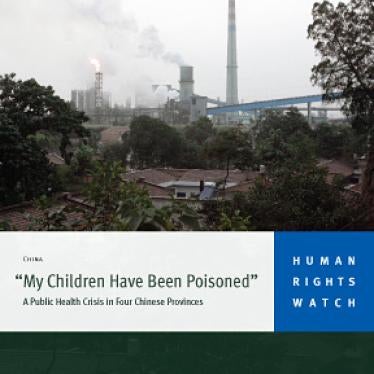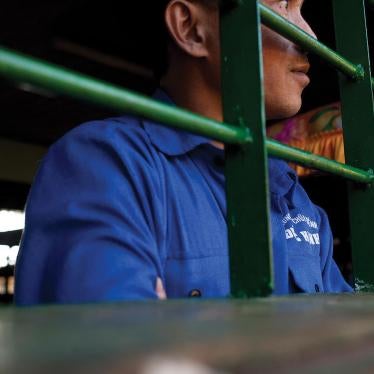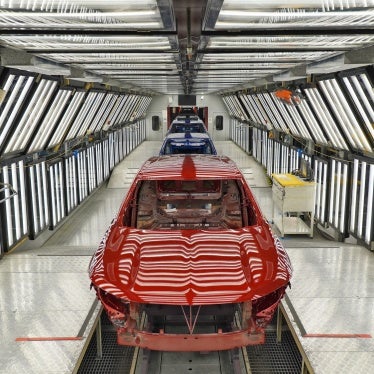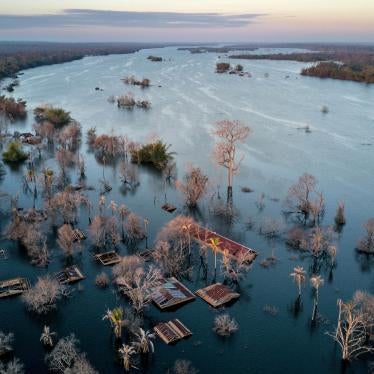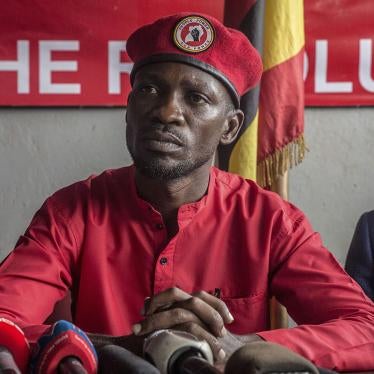The new Asian Infrastructure Investment Bank (AIIB) got a credibility boost last month as a number of European countries, including France, Germany, and Switzerland, followed the UK’s lead in indicating that they would sign up as members. Australia and South Korea followed suit, as did other surprise bids including Taiwan. If accepted, they will join the bank’s chief proponent, China, and 29 other countries. According to Chinese media, the AIIB has received 45 applications to join and the final founding members will be confirmed on 15 April.
Increased investment in infrastructure in the countries that stand to benefit from this new international institution is essential for meeting social and economic needs, but only if it benefits communities, rather than harming them. Leaders of these nations need to carefully consider the potential cost of new infrastructure on communities that stand to be displaced, have their livelihoods drastically affected, or may not reap the benefits of such projects.
These governments should stand together and push from the outset for open and transparent processes and environmental and social rules that are the best in the business. They should not ignore the fact that China has a weak record on open and transparent processes or rights-respecting development more broadly.
Human Rights Watch has documented the effects of lead poisoning of children in villages heavily contaminated by lead smelters and battery factories in China’s Henan, Yunnan, Shaanxi and Hunan provinces. The government has committed extensive rights violations in the course of ‘rehousing’ over two million Tibetans, including hundreds of thousands of nomadic herders, under its plans to “build a new socialist countryside” in Tibetan areas.
China’s development practices have not been grounded in open and transparent processes. For instance, in contaminated provinces many parents have reported that the authorities withheld results of lead poisoning tests. Police and government officials have threatened, intimidated, and obstructed journalists attempting to report on pollution. And residents feared that raising the lead poisoning issue with local government officials could result in the loss of government help they were receiving, including food subsidies, health care, and in some cases, employment. In Shaanxi province, villagers said that people had been detained when they protested outside the lead-processing factory that had begun operating again. Beyond its borders, Chinese investment has at times exacerbated conflicts, such as in Burma’s Kachin State.
Members and potential members of the AIIB should work together to ensure that these kinds of practices do not become the norm for the new bank. They should ensure that communities are involved in the development of projects that the bank is considering funding and that the bank invests only in projects that communities actually want and that will benefit the most marginalized people.
In addition to environmental standards, at a minimum the bank's rules should prohibit investment in activities that would cause, contribute to, or exacerbate human rights violations. It should require respect for human rights in all of its activities, and oblige staff to assess the impact of bank activities on human rights and avoid or mitigate adverse impacts. The bank should prohibit discrimination and include policies on indigenous peoples, resettlement, and labour rights that meet international legal standards. This call for rights-respecting standards applies equally to all development finance institutions.
The AIIB should also create an independent accountability mechanism that accepts complaints and works to resolve them, assesses the bank's compliance with its policies and international law, determines appropriate remedies for anyone harmed by the bank's activities, and advises the bank on how it can improve compliance.
The Asian Infrastructure Investment Bank has an opportunity to contribute to the urgent social and economic needs of people throughout the region, but only if member countries build a bank that ensures respect for rights. If they do not, the new bank could do more damage than good.
